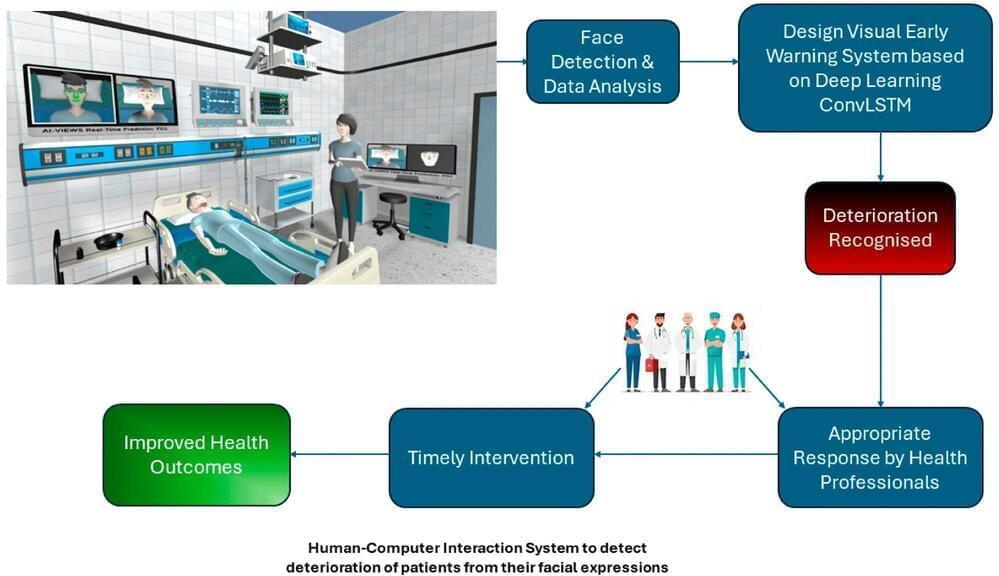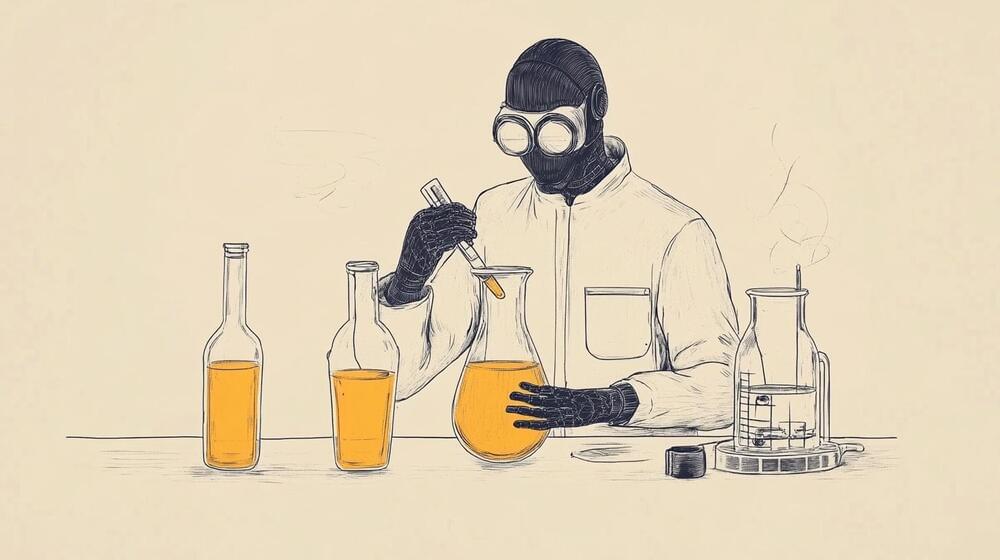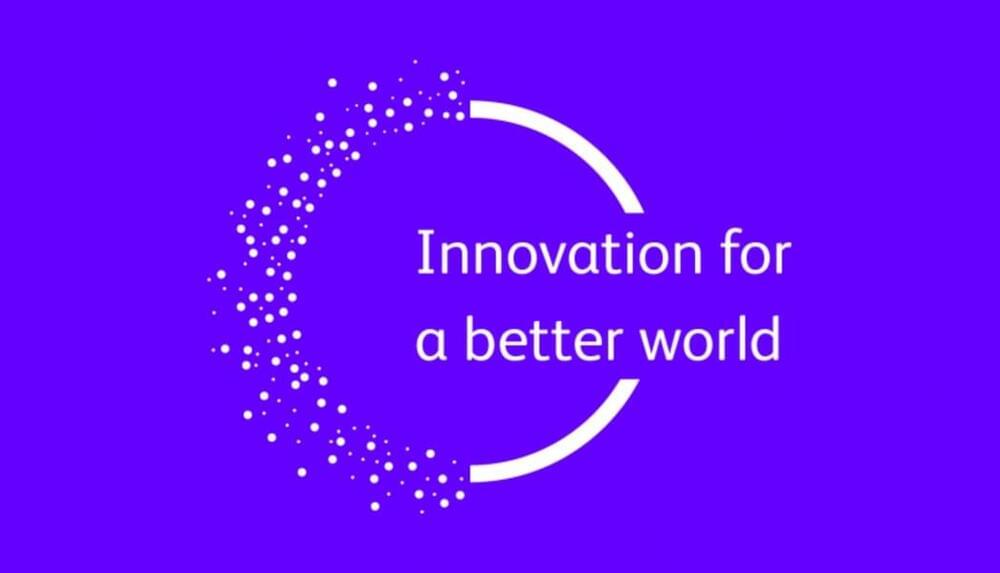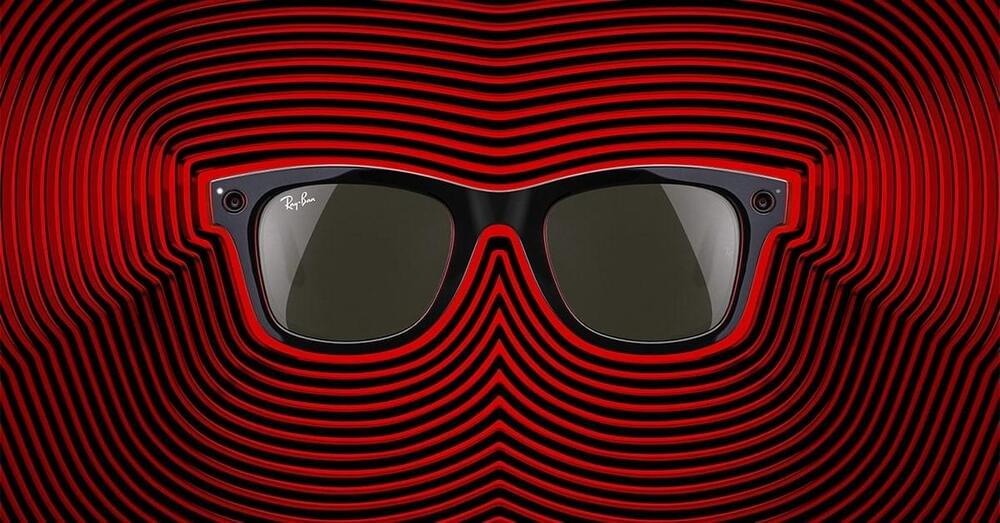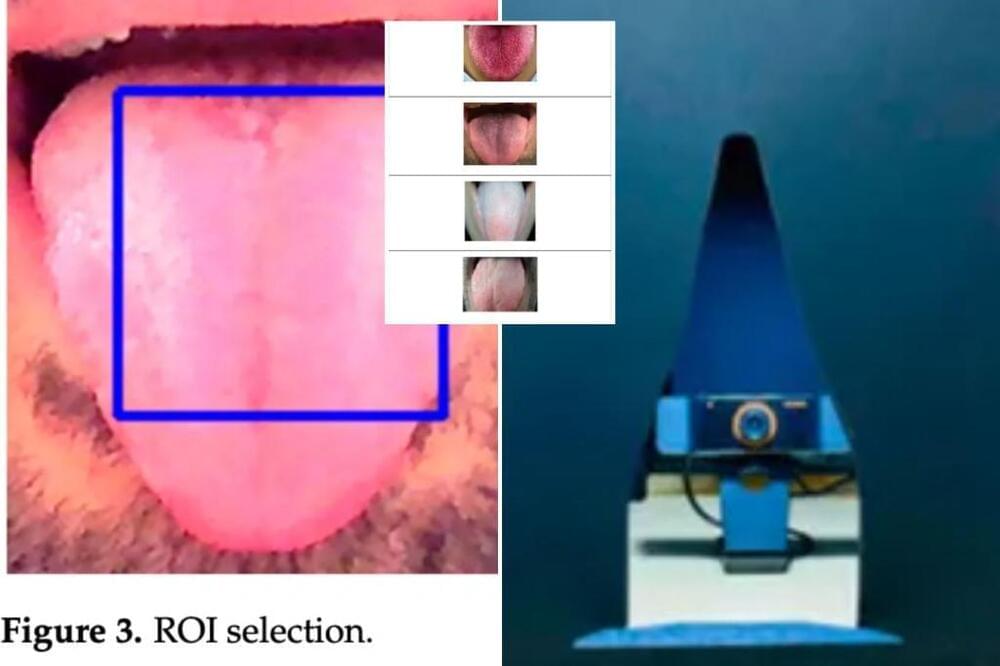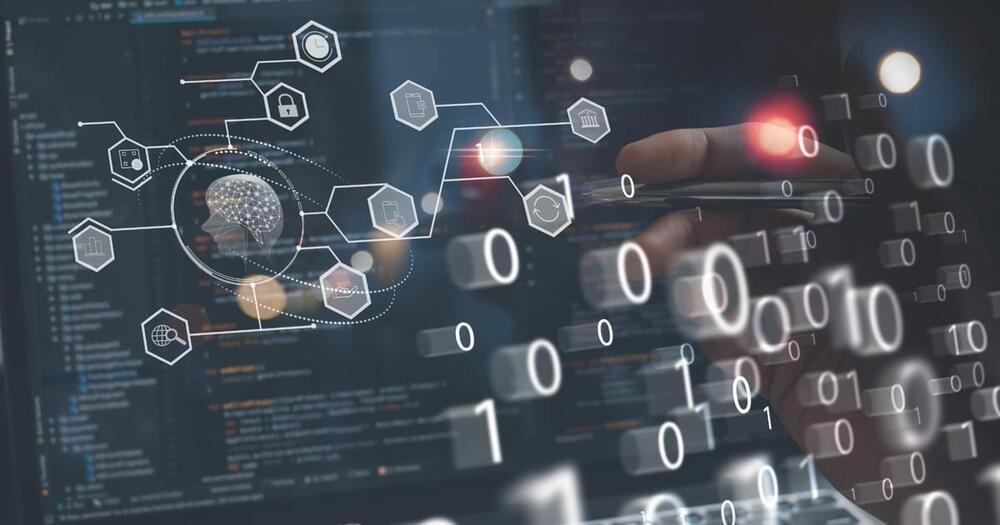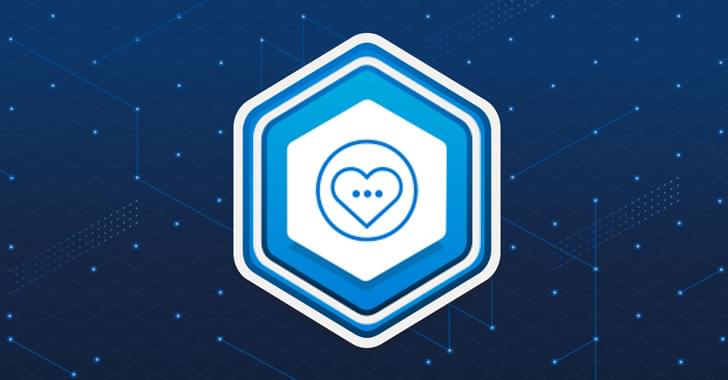While generative AI tools have been heralded as the future of education, more than 40 years of academic research suggests that it could also harm learning in realms from online tutoring to employee training for three reasons. First, the best student-teacher relationships are empathetic ones but it is biologically impossible for humans and AI to develop mutual empathy. Second, AI might help us bypass the boring task of knowledge accumulation but it is only through that process that we develop higher order thinking skills. Finally, digital tools are notoriously distracting and multitasking diminishes learning. As we think about the benefits of new technology, we must also consider the risks.
Page-utils class= article-utils—vertical hide-for-print data-js-target= page-utils data-id= tag: blogs.harvardbusiness.org, 2007/03/31:999.387329 data-title= The Limits of GenAI Educators data-url=/2024/07/the-limits-of-genai-educators data-topic= AI and machine learning data-authors= Jared Cooney Horvath data-content-type= Digital Article data-content-image=/resources/images/article_assets/2024/07/Jul24_17_545985287-383x215.jpg data-summary=
Three fundamental problems with using LLMs as teachers, tutors, and trainers.

